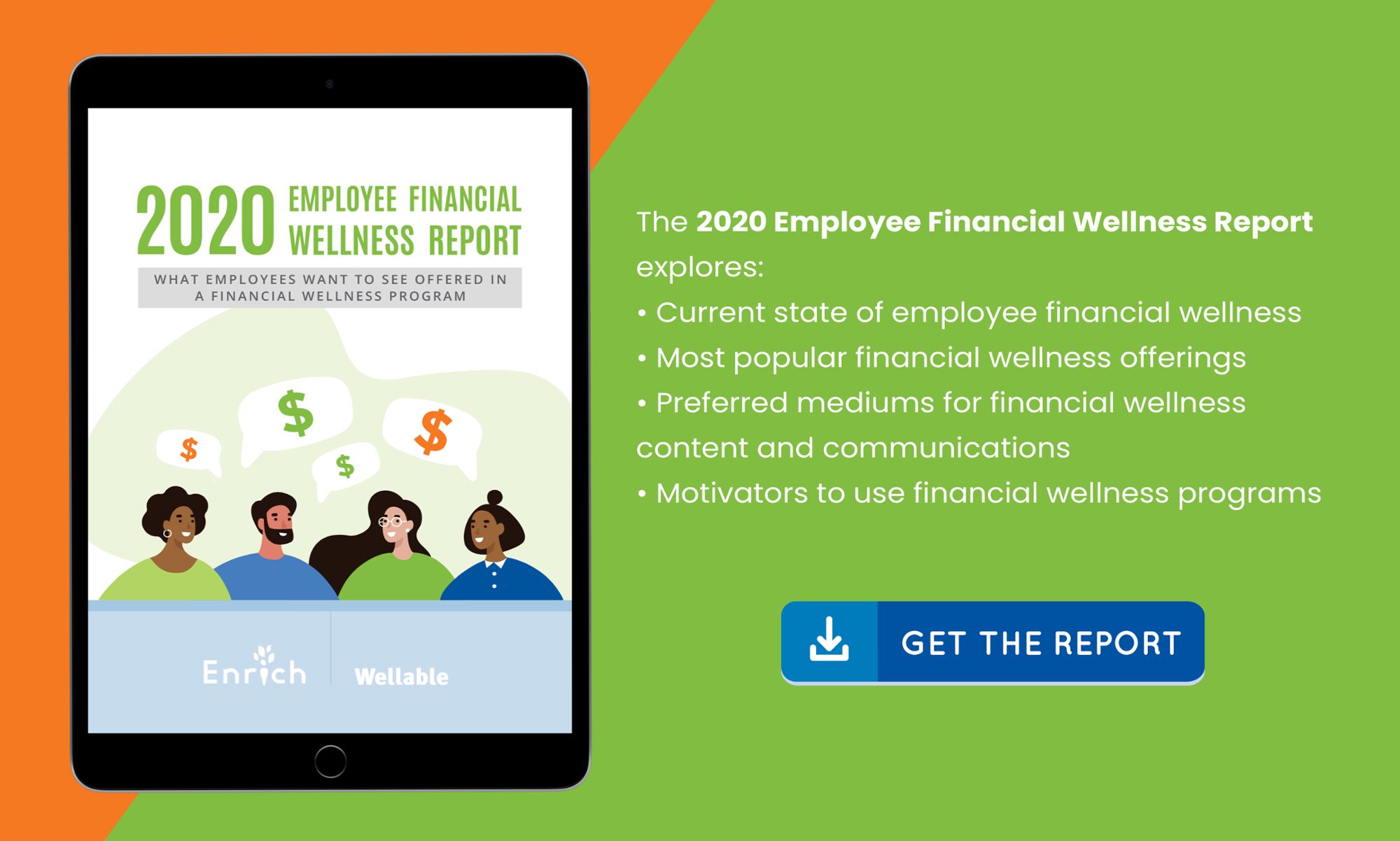New research from John Hancock reveals that employee financial stress has a major impact on a company’s success, costing more than $1,900 per employee per year in stress-related losses. More than half of employees surveyed said they worry at least once per week about personal finance issues. Workplace distraction, lost productivity, and absenteeism resulting from financial stress can cause losses of $1 million per year for mid-sized employers and $19 million per year for large employers.
Employees cite retirement planning as their top source of financial stress, except for those with student loan debt. In an increase over previous years, 51% of respondents said they are behind schedule when it comes to saving for retirement.
Lack of emergency savings is the second highest worry, with 25% of participants saying they have no emergency savings at all. The problem is most pronounced for younger workers, with almost one-third of those in Generations X, Y, and Z saying they have no emergency savings.
Among participants with student loans, 76% say debt is a problem, with almost half saying that debt is a major problem. Among participants in general, 59% say debt is a problem, and about 20% say it’s a major problem.
Forty-nine percent of respondents said that their productivity at work would improve if they did not have financial worries, up from 43% last year. Generation Xers and millennials were more likely than older workers to say that they would be much more productive without financial worries.
Other surveys show similar results. A 2019 PwC survey reveals that 62% of millennials and 55% of Generation Xers rate not having enough emergency savings as their top financial concern, while 52% of baby boomers rate not being able to retire when they want as their top concern.
Major Concern For Employers
Patrick Murphy, CEO of John Hancock Retirement Plan Services, said employers cannot afford to ignore the effects of employee financial stress.
“Seventy-one percent of participants are worried about having financial difficulties – the most we have seen from this survey in the past six years,” said Murphy. “We must come together as recordkeepers, financial representatives, and plan sponsors to help participants plan for their future and better understand the underlying cause of financial stress and its effect on retirement savings.”
This trend of generally declining financial health and increased employee worry is difficult to explain in a period of economic prosperity with the lowest unemployment rate in 50 years. If employees are losing productivity now, how will they react to a recession or economic stagnation?
It’s possible that employee worries about finances are a sort of “hangover” from the financial crisis—that is, the lingering effects of the Great Recession may influence decisions employees make today. In addition, it’s possible that some of today’s employees never fully recovered from the Great Recession; they may not have been able to save for retirement during that period (and gain from the rise in investments) or they may have been underemployed or burdened with huge student loan debt.
Many researchers have found that millennials are especially impacted by financial worries, with one study revealing that more millennial households live in poverty than any other generation.
Financial Wellness Programs Can Help
Survey responses indicate a great opportunity for employers to directly impact their employees’ financial well-being. Only 18% of survey respondents say they feel very confident in their ability to make good financial decisions, and only about one-third say they are very knowledgeable about basic financial concepts.
The good news for employers is that employees do find financial wellness programs helpful—when they are well-designed and executed. Some employers only offer retirement plan information, which isn’t always helpful for employees who may be able to contribute to their plans.
Instead, employers should offer comprehensive financial wellness programs that address the real concerns of employees—paying down debt, saving for education and large purchases, budgeting, insurance, and other day-to-day worries. Addressing these issues through a robust, holistic financial wellness program could mean greater productivity and a better bottom line for employers.













